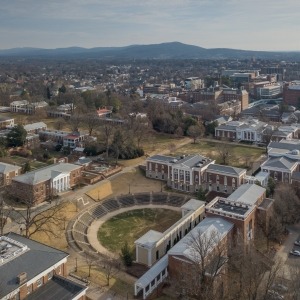New Article: Prof. Gingerich explains, “How does Vote Buying Work?”

In “Buying Power: Electoral Strategy Before the Secret Vote,” Daniel W. Gingerich, Associate Professor of Politics, Co-Director of the Corruption Laboratory for Ethics, Accountability, and the Rule of Law (CLEAR Lab), and Director of the Quantitative Collaborative, uses historical sources to provide a better understanding of the ways in which money drives politics. Specifically, Prof. Gingerich draws upon documents contained in the archives of a powerful mid-twentieth-century congressman from Minas Gerais, Brazil to examine how campaign funds can be used to bring out the vote.
Gingerich’s article focuses on the role of vote brokers, local intermediaries who mobilize voters on behalf of allied politicians. Examining the period immediately prior to the introduction of the effective secret vote in Brazil, he finds that the allocation of funds to brokers was driven by politicians learning about brokers’ capacities to mobilize voters: Brokers who mobilized more voters than expected in past elections received a larger share of campaign funds in future elections, whereas brokers who underperformed expectations received a smaller share. Because politicians were able to learn about the relative talents of brokers by using past election results, payments to brokers were electorally effective. Gingerich shows that payments to brokers generated one vote for roughly every $14 dollars spent (in 1990 dollars), an extremely high level of productivity in electoral expenditures by historical standards.
In line with his extensive body of work on corruption, Gingerich’s article provides a historically nuanced look at the mechanisms by which the unchecked insertion of money into electoral processes distorts democratic representation and undermines the accountability of politicians to voters.
The American Political Science Review is the flagship journal of the American Political Science Association. Prof. Gingerich’s article can be found here.
New Content Coming Soon!
